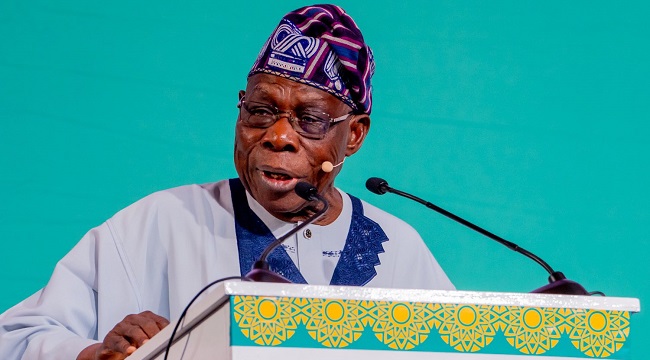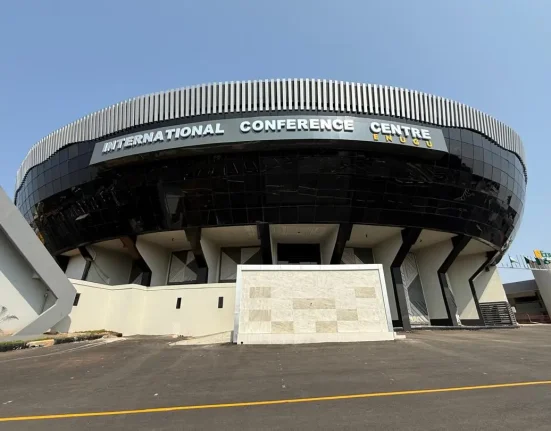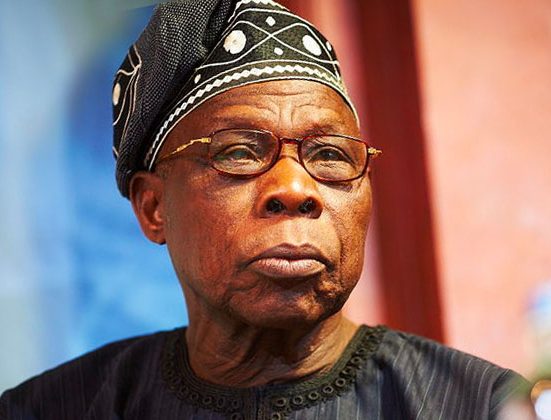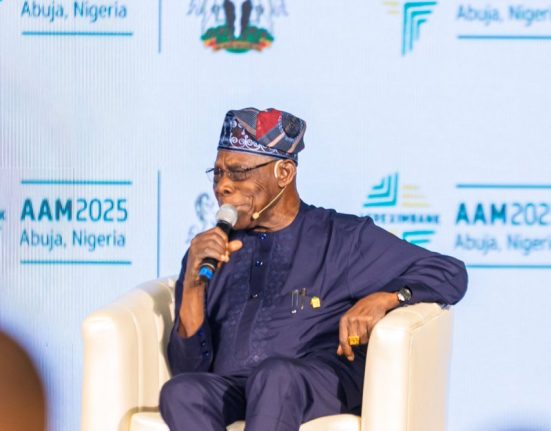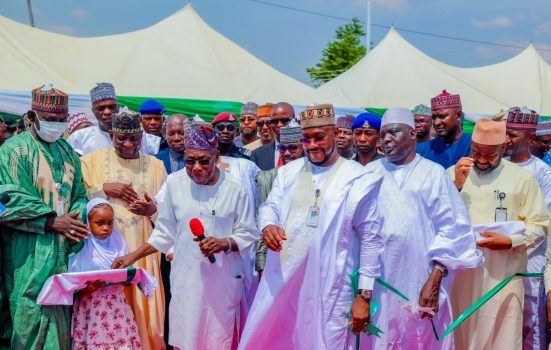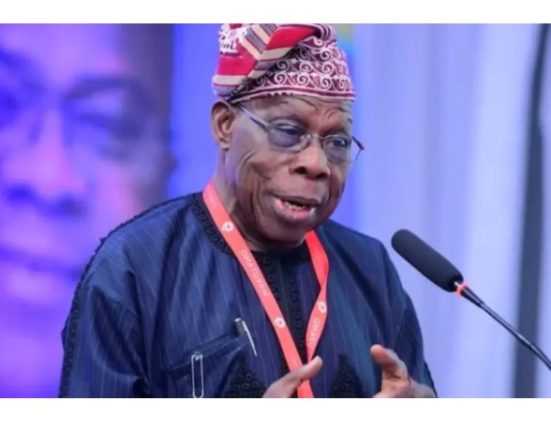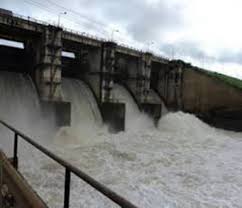July 8, 2025 | Cairo, Egypt
Former President Olusegun Obasanjo has revisited the economic challenges that greeted his administration in 1999, highlighting the urgent and difficult reforms that were necessary to steer Nigeria back from the brink of collapse.
Speaking at the 32nd Afreximbank Annual Meetings, Obasanjo recalled that Nigeria was burdened with an unsustainable debt profile, widespread corruption, and a weak fiscal foundation when he assumed office. He described the situation as a “crippling economic reality” that required bold leadership and tough decisions.
“We had no choice but to tackle the root causes of our economic paralysis—debt and corruption,” Obasanjo said. “Nigeria owed over $30 billion to the Paris Club and other creditors, with little or nothing to show in terms of infrastructure or growth. Our first priority was to seek debt forgiveness and build institutional reforms.”
The former president noted that debt relief, which Nigeria eventually secured in 2005, was made possible through sustained international engagement and the establishment of anti-corruption frameworks like the Economic and Financial Crimes Commission (EFCC) and the Independent Corrupt Practices Commission (ICPC).
“Corruption and development don’t go together,” Obasanjo emphasized. “You cannot expect sustainable growth when public institutions are compromised. Our reforms were aimed at restoring accountability and investor confidence.”
Obasanjo urged current African leaders to learn from Nigeria’s past and commit to transparency, debt sustainability, and strategic investments that uplift the masses.
His remarks drew wide applause and set the tone for a broader discussion on debt relief and economic resilience across the continent.

